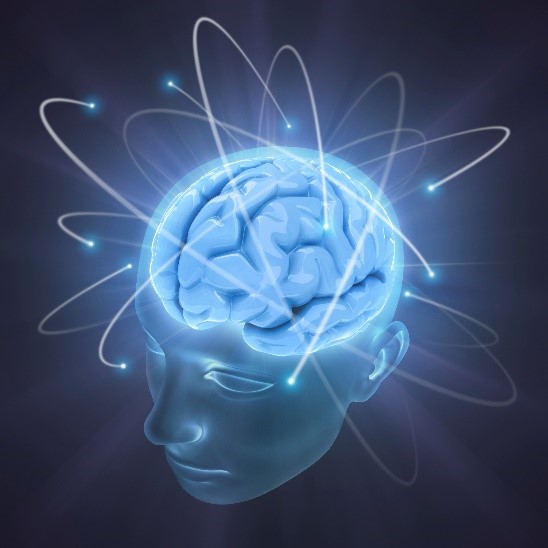Follow us @wt_natural_sciences
Introduction
As neuroscientists, we answer questions that range from how the brain functions and can it be repaired when it is damaged or diseased to how specific chemicals may impact molecular processes such as gene expression and cell signaling. We apply these questions to develop a greater understanding of how the nervous system normally functions, in addition to how disturbances in normal nerve function can lead to disease. We try to develop methods and instruments to help measure these functions of the nervous system and treatment them when they malfunction.
Our research at West Texas A&M University includes studies on a number of normal and abnormal functions of the nervous system and their treatment. Some research activities that students have been involved in are:
Career Relevance
- Neurophysiologists
- Neuroanatomists
- Neuropharmacologists
- Psychologists
- Neurologists
- Neurosurgeons
- Psychologists
- Psychiatrists
- Speech and Language Pathologists
- Physical Therapists
- Occupational Therapists
A number of career disciplines with a heavy focus or foundation of neuroscience include:
- Anesthesiology
- Behavioral neuroscience and psychology
- Clinical neurology
- Computational neuroscience
- Dentistry
- General medicine
- Molecular neuroscience and neurophysiology
- Psychiatry
- Physical and occupational therapy
- Speech and Language pathology
Biology
- Rodent chronobiology and neuroendocrinology
- Restricted Feeding and gastrointestinal rhythms
- Motility
- Gene expression
- Hormone assays
Psychology
- Global Ischemia
- Visual Spatial Function
- Traumatic Brain Injury
- Motor Learning
- Attentional Processes
- Cognitive Processes
- Decision Making
- Brain Sectioning
- Memory
- Animal Surgery
- Animal Learning and Memory Paradigms
The Neuroscience Certification Program
Students who complete 15-16 hours from the following list of courses will receive a certificate in neuroscience. Certification in neuroscience will be reflected on the student’s transcript indicating the student has a concentration of courses in neurosciences.
BIOL 4340—Neuroscience
BIOL 4335—Animal Behavior
BIOL 4440—Advanced Physiology
CD 4381—Neural Basis of Communication Disorders: Neuroscience and its application to aspects of normal and disordered communication.
CD 4386—Acquired Speech and Language Disorders: Introduction to acquired speech and language disorders across the life span.
PSYC 3320—Biological Psychology
PSYC 4324—Psychopharmacology
PSYC 4325—Human Neuropsychology
Other courses custom tailored to satisfy the specific interests of students in neuroscience including independent study, special topics, problems, and research courses.
Requirements for licensure and/or certification vary from state to state. Our programs prepare students for licensure and/or certification in the State of Texas. We do not represent that our programs prepare students for licensure and/or certification in other states.
For additional information, please contact:
Dr. Stephen Karaganis
Department of Life, Earth and Environmental Sciences
806-651-3870
skaraganis@wtamu.edu
Dr. Zeth Collom
Department of Speech and Hearing Sciences
806-651-5114
zcollom@wtamu.edu
Dr. Maxine De Butte
Department of Psychology, Sociology and Social Work
806-651-2596
mdebutte@wtamu.edu


